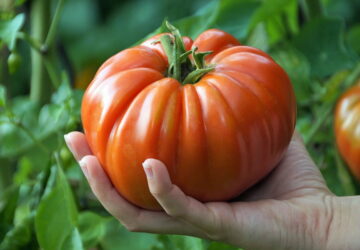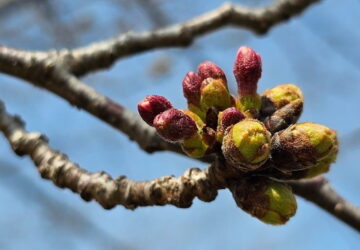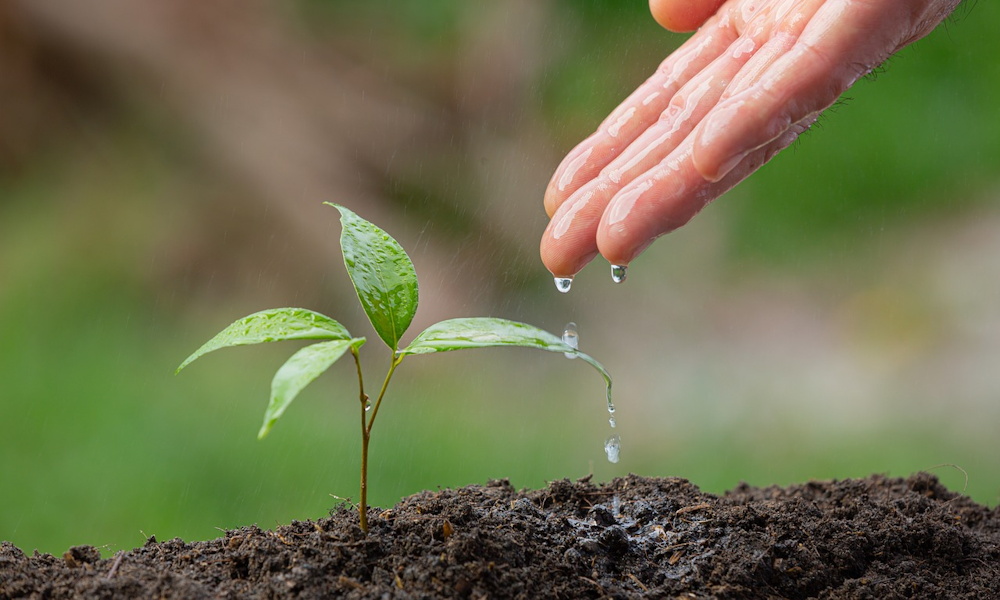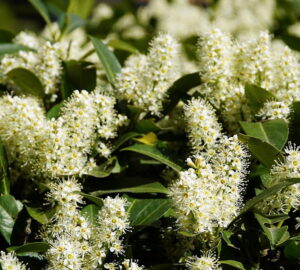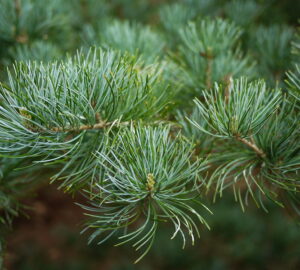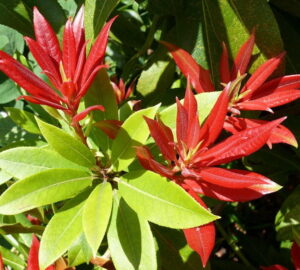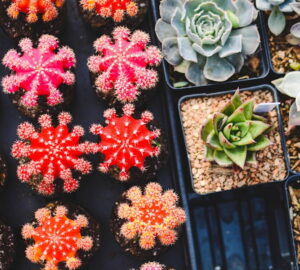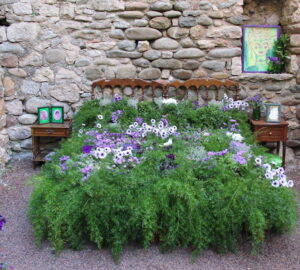Gardening is not just about nurturing plants; it’s about fostering a harmonious relationship with nature. As environmental consciousness continues to grow, so does the importance of eco-friendly gardening practices. Whether you’re tending to a sprawling garden or nurturing a few pots on your balcony, here are the top 10 criteria for environmentally conscious gardening, even on a modest budget.
Soil Health
The foundation of any garden lies in its soil. Opt for organic compost and mulch to enrich the soil with essential nutrients while promoting microbial activity. Composting kitchen scraps and yard waste not only reduces landfill waste but also provides free, nutrient-rich soil amendments.
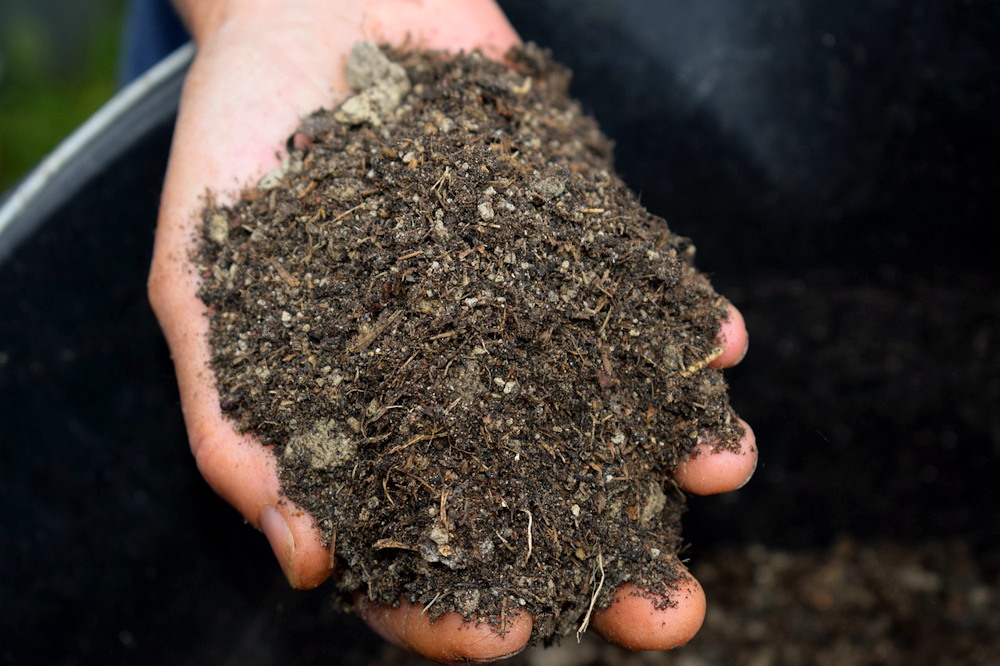
Water Conservation
Conserving water is paramount in sustainable gardening. Install rain barrels to collect rainwater for irrigation, and consider utilizing drip irrigation systems to deliver water directly to plant roots, minimizing waste. Mulching around plants helps retain moisture in the soil, reducing the frequency of watering.
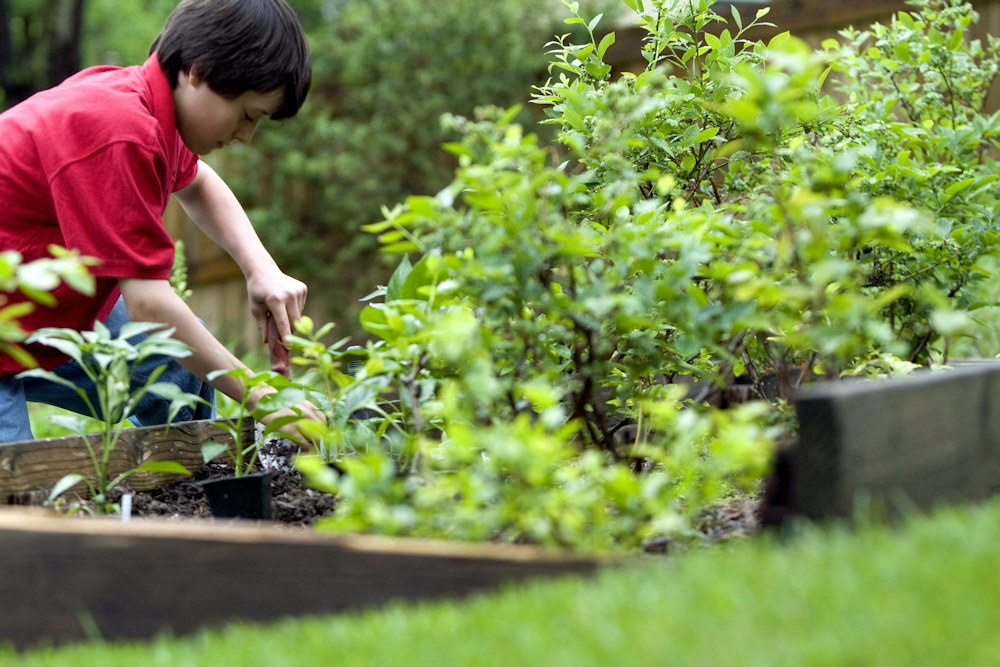
Native Plants
Choose native plants that are adapted to your region’s climate and soil conditions. Native plants require less water, fertilizer and pesticides, making them ideal for eco-friendly gardening. Additionally, they provide habitat and food for local wildlife, fostering biodiversity.
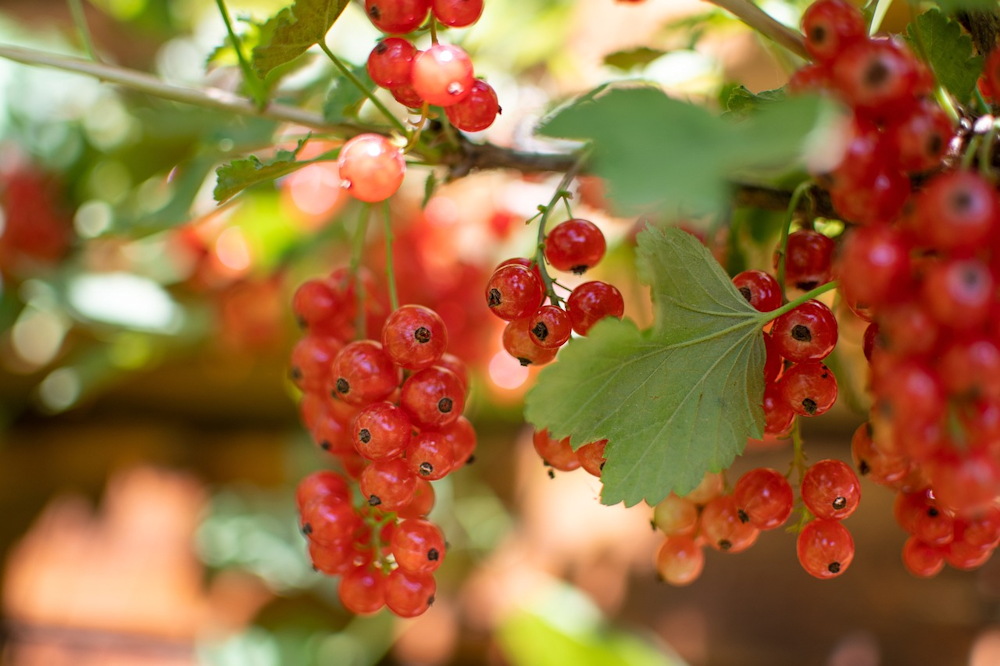
Chemical-Free Pest Control
Avoid synthetic pesticides and herbicides that can harm beneficial insects, pollinators and soil organisms. Embrace natural pest control methods such as companion planting, attracting beneficial insects like ladybugs and lacewings, and using homemade remedies like neem oil or garlic spray.
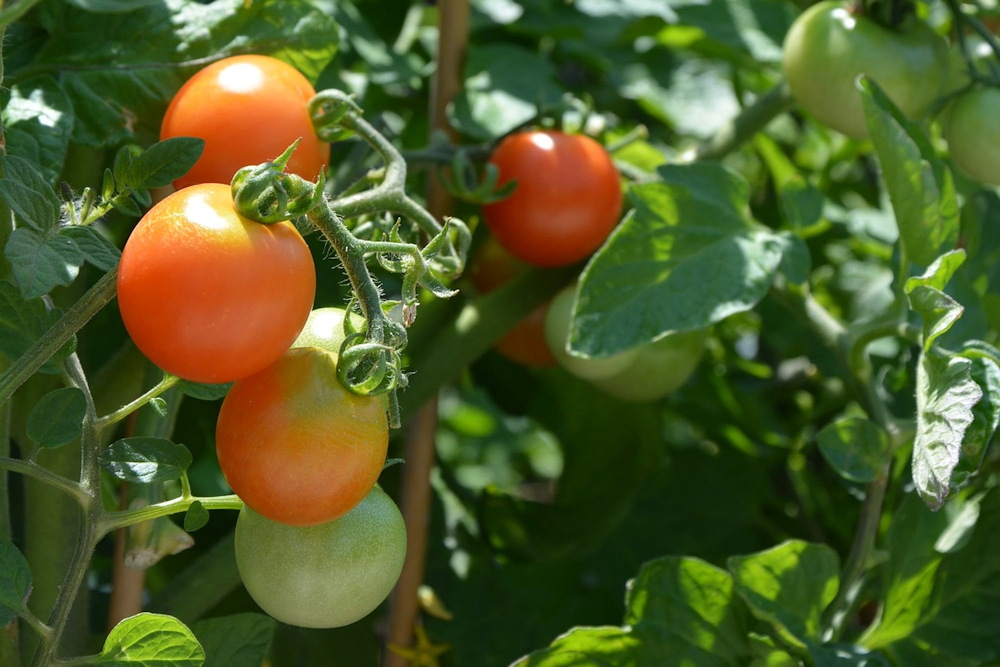
Renewable Energy
Harness the power of the sun by incorporating solar-powered garden lights or water features. Solar panels can also be utilized to power small-scale gardening equipment like pumps or electric fencing, reducing reliance on non-renewable energy sources.
Compost and Recycling
Minimize waste by composting organic matter and recycling materials such as plastic pots, containers and garden tools. Composted kitchen scraps, grass clippings and fallen leaves not only reduce landfill waste but also create nutrient-rich compost for your garden.
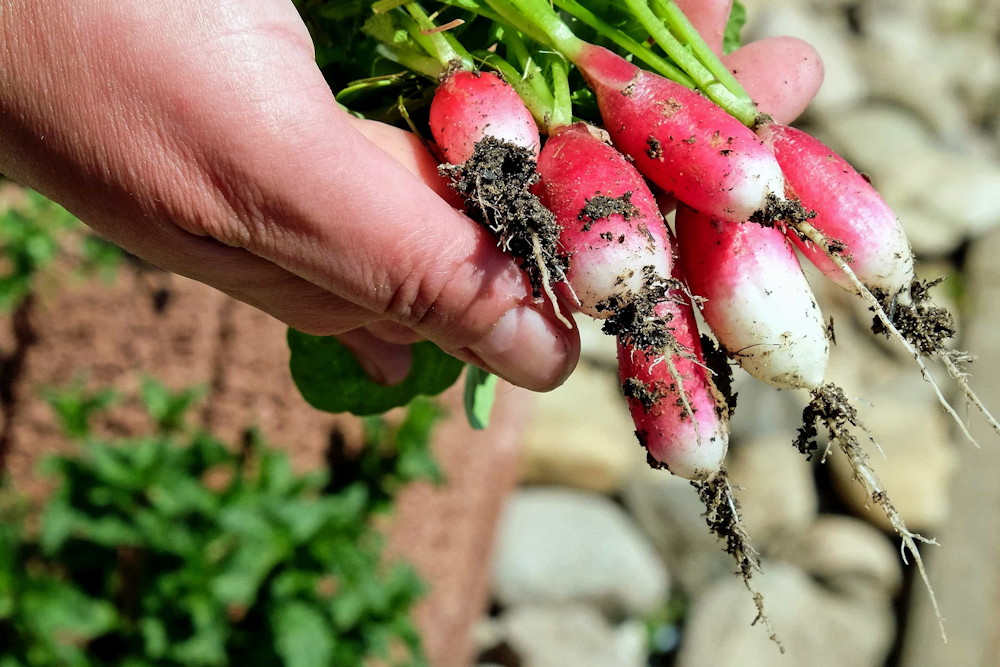
Sustainable Materials
Opt for eco-friendly materials when designing your garden space. Use reclaimed wood for raised beds or borders, choose natural stone or gravel for pathways, and consider alternatives to plastic planters, such as terracotta pots or biodegradable containers made from materials like coconut coir.
Wildlife Habitat
Create a welcoming habitat for wildlife by incorporating features like bird feeders, bee hotels and butterfly gardens into your landscape. Provide shelter, food and water sources to support local fauna, enhancing the ecological balance of your garden.

Conservation of Resources
Practice resource conservation by reducing, reusing and repurposing materials wherever possible. Save seeds from heirloom plants for future seasons, share excess produce with neighbors or food banks, and swap plants or cuttings with fellow gardeners to diversify your garden without spending a dime.
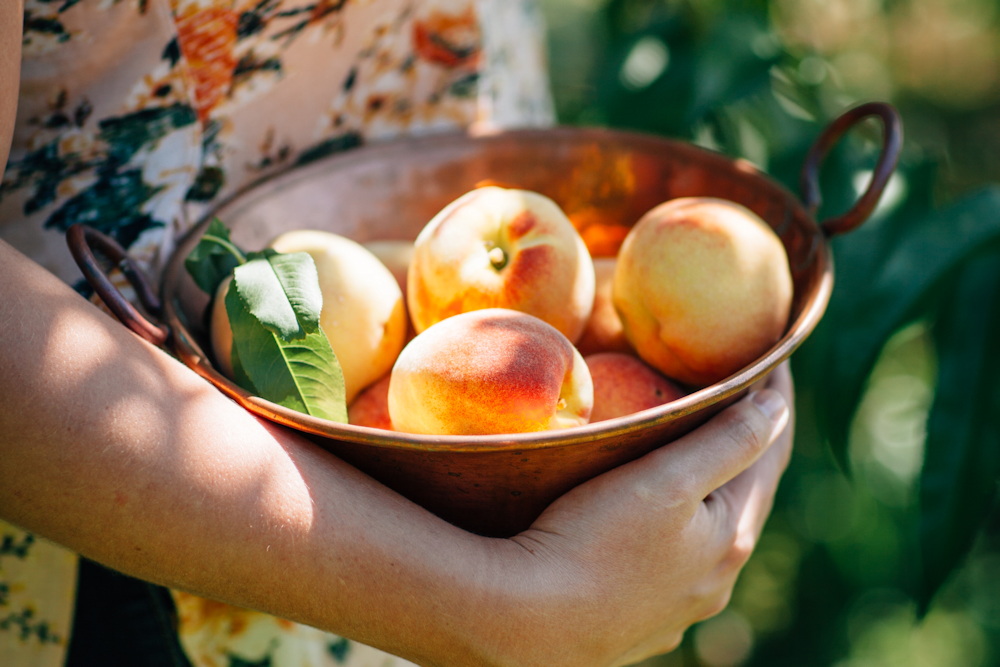
Education and Community Engagement
Share your knowledge and passion for environmentally conscious gardening with others in your community. Participate in local gardening clubs, workshops or online forums to exchange ideas, learn new techniques and inspire others to adopt sustainable practices in their own gardens.
Embracing environmentally conscious gardening practices doesn’t have to break the bank. By prioritizing soil health, water conservation, native plants and chemical-free pest control, hobby gardeners can cultivate thriving green spaces that benefit both the environment and their wallets. With a little creativity and commitment, every gardener can play a role in nurturing a more sustainable future for our planet.
